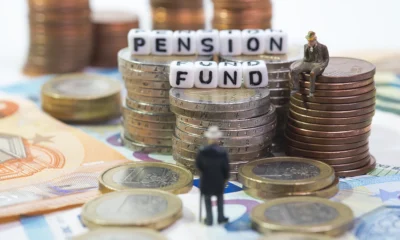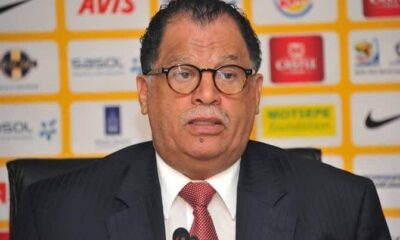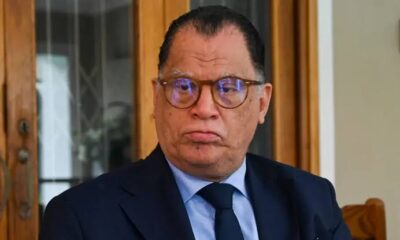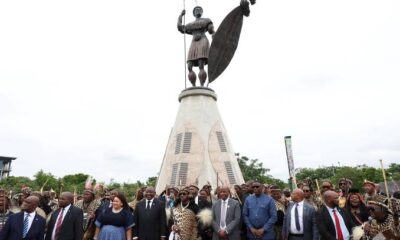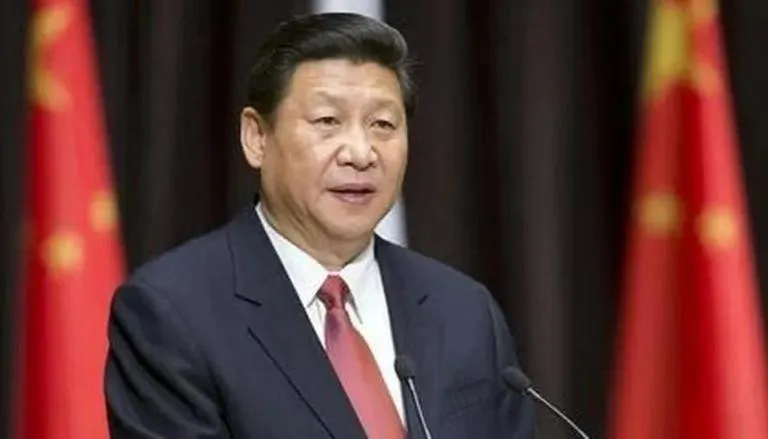Foreign ministers of Brazil, Russia, India, China and South Africa currently meeting in Cape Town ahead of the BRICS Summit have called for a “rebalancing” of the global order.
India’s Foreign Minister, Subrahmanyam Jaishankar said during opening remarks, “Our gathering must send out a strong message that the world is multipolar, that it is rebalancing and that old ways cannot address new situations.”
A video of Russian Foreign Affairs Minister, Sergey Lavrov at the conference also surfaced yesterday, while speaking about the changes in the international system which makes the pursuit of national interest attainable for all in the system.
“A more just, polycentric international order is taking shape,” Lavrov said.
The host, South Africa, has been under pressure to arrest Russian President, Vladimir Putin during an expected visit to the summit in August following a ruling by the International Criminal Court for his arrest.
United States ambassador, Reuben Brigety last month also accused South Africa of supplying Russia with arms in December in the ongoing Russia/Ukraine war.
Meanwhile, Pretoria has maintained that it is neutral over the war, but is accused by critics of tilting towards the Kremlin, and has long advocated for BRICS to act as a counterbalance to a Western-dominated international order.
“Our vision of BRICS is for our partnership to provide global leadership in a world fractured by competition, geopolitical tension, inequality, and deteriorating global security,” South African Foreign Minister Naledi Pandor told the meeting.
“Our discussions today will therefore focus on opportunities… strengthening and transforming global governance systems”.
Meanwhile, South African opposition parties are divided over the country’s continued relations with Russia and the supposed welcoming gesture ahead of Putin’s visit. While Democratic Alliance (DA) disagrees with the stance and has initiated a suit against it, the EFF movement has insisted that “Putin is welcomed.


 Metro1 day ago
Metro1 day ago
 Musings From Abroad1 day ago
Musings From Abroad1 day ago
 Metro1 day ago
Metro1 day ago
 Sports1 day ago
Sports1 day ago



